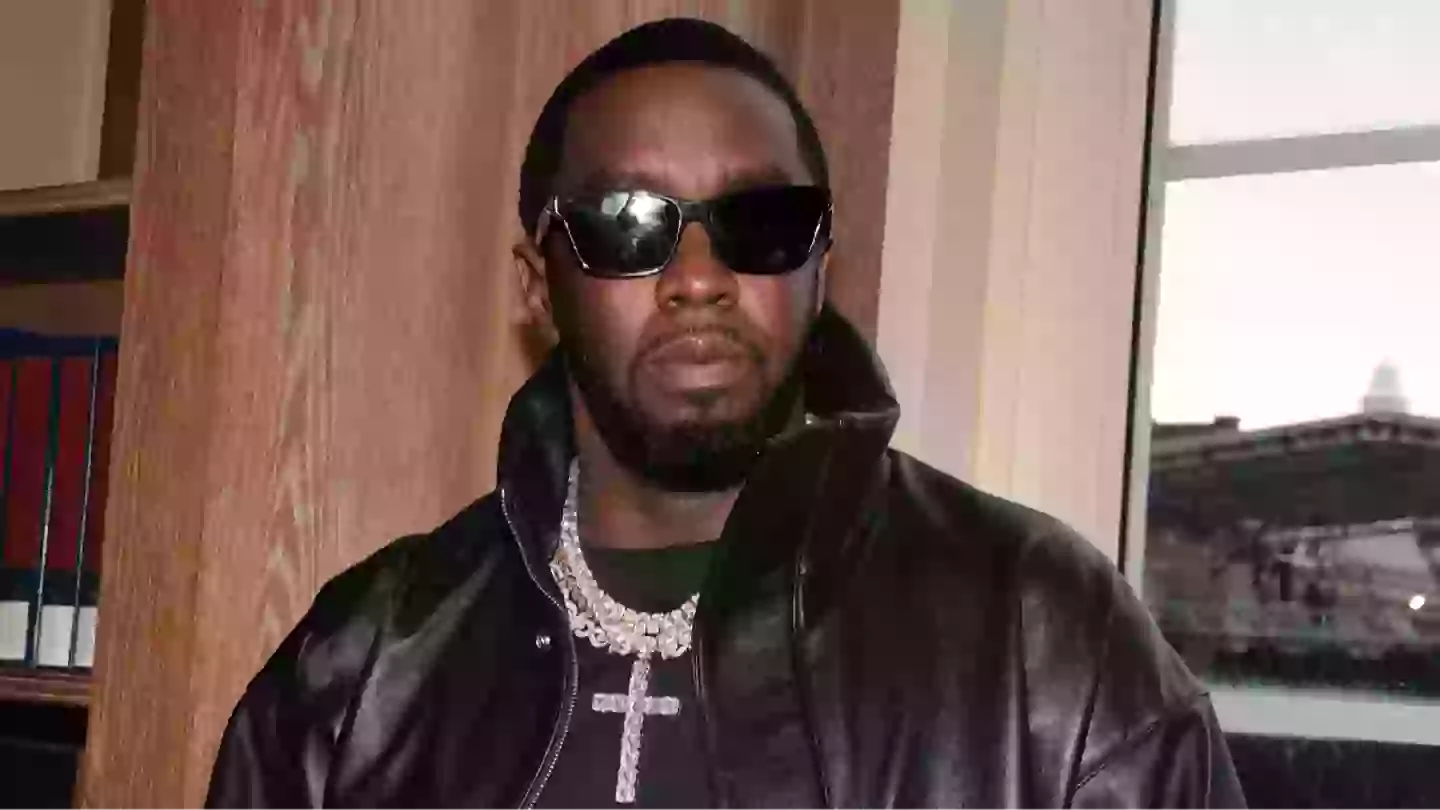I
Law and Order viewers might find themselves excluded from the jury panel in Diddy’s forthcoming sex trafficking case, and there’s a specific reason for this potential disqualification.
Music mogul Sean Combs, widely recognized as P Diddy, currently faces five serious criminal accusations, including forced sex trafficking, racketeering conspiracy, and transportation for prostitution purposes after multiple individuals claimed he abducted, drugged, and pressured women into sexual activities.
A supplementary indictment in March further alleges that the hip-hop entrepreneur forced staff to work excessive hours and intimidated those who refused to participate in his purported sex trafficking operation.
Combs has consistently rejected all accusations and entered a not guilty plea on September 17 of last year, with his hearing expected to commence in the near future.
Prior to the trial, formal jury selection is scheduled for May 5, which could potentially eliminate enthusiasts of crime procedurals and police shows such as Law and Order.
Documents examined by The Mirror reveal that prosecutors are particularly curious about prospective jurors’ television preferences.
They inquire about ‘regular television viewing habits of the juror,’ according to the publication, with specific questions regarding ‘whether the juror watches Law and Order, CSI or similar police dramas.’
Certain unexpected connections exist between these programs and Diddy – notably in Law and Order’s third season episode ‘Dawg Night,’ where a fictional rap artist lurks around a nightclub that becomes a crime scene, alongside an appearance by a Latina music star.
Viewers suggest this storyline may have drawn inspiration from a comparable 1999 shooting allegedly involving Diddy and his then-partner Jennifer Lopez, although the rapper was later acquitted and charges against Lopez were dismissed.

Additionally, Diddy made guest appearances in two CSI: Miami episodes in 2009, portraying an attorney.
Nevertheless, it remains uncertain whether Diddy’s association with these shows explains their specific mention in the questionnaire, or if potential jurors who’ve watched them might be excluded from consideration.
Anthony Capozzolo, an attorney at Lewis Baach Kaufmann Middlemiss litigation firm, previously anticipated such questioning of potential jurors, noting that the questionnaire might request information about ‘television viewing preferences, news sources, leisure activities and other interests to provide insights into what type of jurors they would be.’
Such pre-trial inquiries are reportedly standard practice to help both prosecution and defense assemble an unbiased jury, though each side naturally seeks jurors favorable to their position.
Following jury selection, opening statements for this high-profile case are set to begin on May 12.

The trial has no definitive conclusion date and could extend between eight to ten weeks, though Criminal Defense Solicitor and legal expert Katie McCreath informed the publication that the case’s complexity might prolong proceedings even further.
“Prosecutors must establish a pattern of criminal activity within an enterprise, likely depending on multiple victims, digital evidence, and financial records,” she elaborated. “Trials of this nature typically last six to twelve weeks, occasionally longer.”

